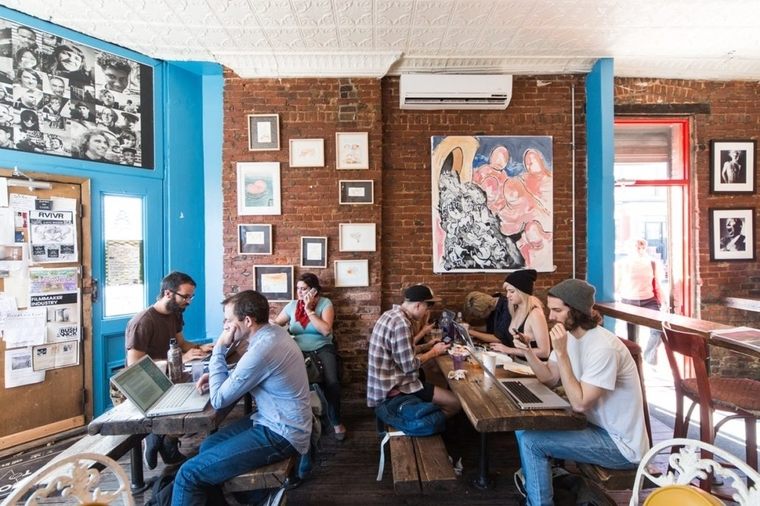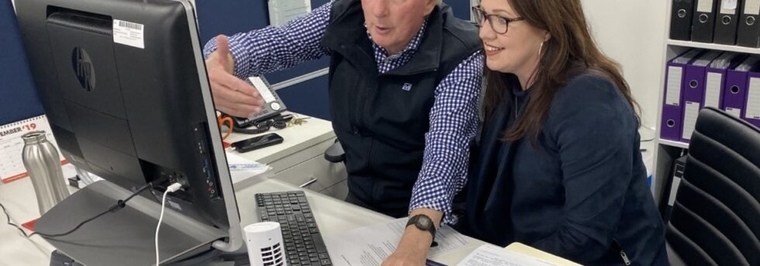Systems for creatives and their workflow are one of the toughest challenges that many business owners find hard to conquer.
Studies show the number one reason most people want to become their boss is the freedom, satisfaction and flexibility that it offers them. But over 70% of all new companies are started by specialists, and not by entrepreneurs. This means there are a lot of business owners out there doing something so expert and unique that they’re having trouble finding ways to standardise their services.

“I wanted to figure out why I was so busy but I couldn’t find the time to do it” Todd Stocker
Business owners in particular find it hard to scale when they’ve personally tied to all of that creative work themselves. Being personally responsible for the product can be a real obstacle to growing a business. It holds so many people back and might be something you can relate to yourself.
Solving the problem of how to standardise and delegate this creative work is vitally important. But building systems for such unique and creative work is a real challenge. So how do you go about it?
The Trick
The trick here is not trying to create a cookie-cutter process for the product itself. Instead try to systemise the process, rather than the product. When you look at all the processes around the creation of that unique product, you’ll find there are a lot of things you can standardise. You can build a system for the process of creation itself. Doing this will start your business growing.
Now, there are two parts to any creative work being performed in a business setting. This is where you look to find those areas to standardise a process. Create a cookie-cutter process that will allow you to grow and scale, without compromising the quality or the creative creativity of the work that you’re producing.
The Work
Firstly you’ve got the work of creating itself. Systemising this can be tough, but it is doable. Start by laying down guidelines that reinforce the company standards. This looks like setting up an outline of the type of work that you do. The sort of outcomes you will expect, without creating a templated version of the product.
Also, set up a process for communication around a project. This is to develop accountability. What this looks like is making sure all the creative experts, both yourself and others working in your team, have ways of communicating effectively at different stages of a project. Systemising this communication will allow you to streamline the way things are done. This in turn will open new avenues to grow and scale.
The Admin
The next part of the creative work is, of course, the admin. For this, you can write up standard procedures for all aspects of project administration. How do you manage the job coming in? How do you manage setting it up? How do you manage the creative process, and how do you manage delivery? All of these can be standardised. You can also develop tools such as online workspaces, and checklists templates to increase the flow of project administration.
This means everything can move faster. In predictable steps that do not compromise the integrity of the work, you’re producing. Also, you can establish clearly defined rules for project management and document those. Even the most creative or unique project still needs to be managed using effective project management software. So make sure you’re using it to keep the project on track. This will keep everyone well informed, including the client.
Systems for creatives allow your business to grow whilst making sure the work being produced remains beautifully unique and wonderfully creative. Established processes allow your business to flow smoothly. So delegate everything you can and create processes that ensure a great outcome every single time for your client!






